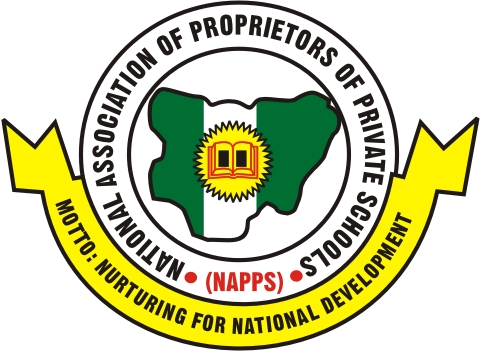The National Association of Proprietors of Private Schools (NAPPS), Imo State Chapter, has reiterated the significant contributions of private schools to the state’s educational development, while urging the Ministry of Primary and Secondary Education to address key challenges facing the sector.
In a detailed position paper presented to the Commissioner for Education, Prof. B.T.O. Ikegwuoha, NAPPS, under the leadership of Dame Nkeiruka Happiness Uhegbu (PhD), commended Governor Hope Uzodinma for his administration’s efforts in digitalizing education and upgrading academic infrastructure across the state. The association pledged its continued support for government policies and initiatives designed to improve education, stating that partnership between the public and private sectors remains essential to achieving sustainable educational reform.
According to NAPPS, private schools in Imo State provide more than 3,500 functional learning centers, serving thousands of pupils and students across rural and urban areas. The association noted that the sector employs over 40,000 teaching and non-teaching staff, making it a significant contributor to economic development and job creation. It emphasized that private schools are critical to bridging educational gaps, fostering innovation, and providing diverse learning opportunities for families.
However, NAPPS expressed deep concern about several pressing issues undermining the growth of the sector. These include multiple taxation and arbitrary levies imposed by government agencies, alleged extortion by some ministry officials, and what the association described as unequal treatment compared to faith-based and government-owned schools. The association further highlighted delays in examination processes and result dissemination, which it said negatively affect academic planning and student progress.
Another key concern raised by NAPPS was the high cost and restricted access to textbooks and learning materials. The group decried situations where government-recommended texts are priced beyond the reach of many schools, further straining the finances of parents and proprietors. Official school learning materials boldly written not for sale are being sold are at the secretariat. It also criticized what it described as undue interference in the leadership of private school associations, urging the ministry to allow private enterprises to operate independently in line with best practices.
To address these challenges, NAPPS called for greater collaboration between the state government and private school owners. It recommended harmonization of taxes and levies to ease financial burdens, increased transparency in regulatory processes, and regular stakeholder engagements to ensure inclusiveness in decision-making. The group also advocated for joint training programs for teachers, enhanced monitoring and evaluation systems, and equal recognition for private schools in educational planning and policy implementation.
“Private schools are indispensable partners in the quest for educational excellence. We are not competitors with the government but collaborators committed to the same goal – raising the standard of education in Imo State,” Dame Uhegbu stated.
NAPPS concluded by expressing optimism that with better synergy, transparent governance, and a focus on quality delivery, the education sector in Imo State can achieve significant progress, benefitting learners, parents, and society at large.

